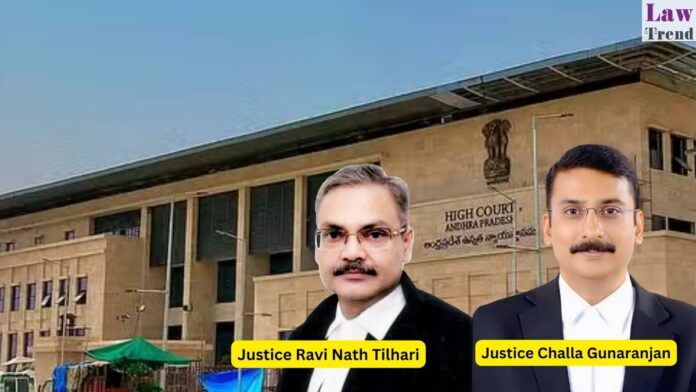The High Court of Andhra Pradesh, in a significant pronouncement on the scope of appellate jurisdiction, has dismissed a Civil Miscellaneous Appeal challenging an order of attachment before judgment. A Division Bench comprising Justice Ravi Nath Tilhari and Justice Challa Gunaranjan, in its judgment dated July 9, 2025, held that an appellate court should not
To Read More Please Subscribe to VIP Membership for Unlimited Access to All the Articles, Download Available Copies of Judgments/Order, Acess to Central/State Bare Acts, Advertisement Free Content, Access to More than 4000 Legal Drafts( Readymade Editable Formats of Suits, Petitions, Writs, Legal Notices, Divorce Petitions, 138 Notices, Bail Applications etc.) in Hindi and English.




